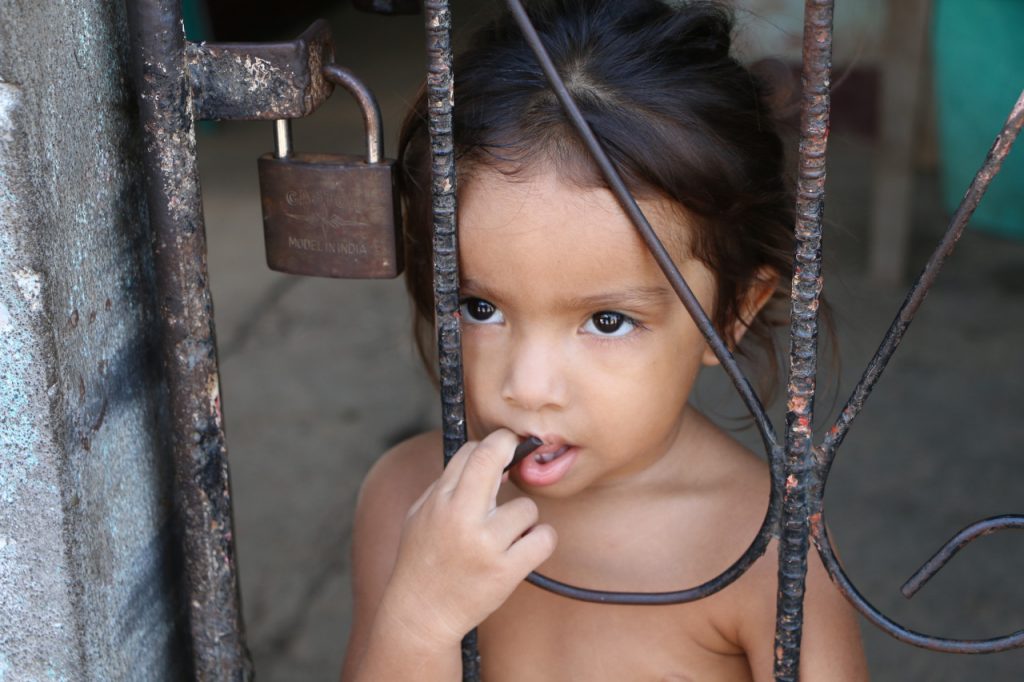
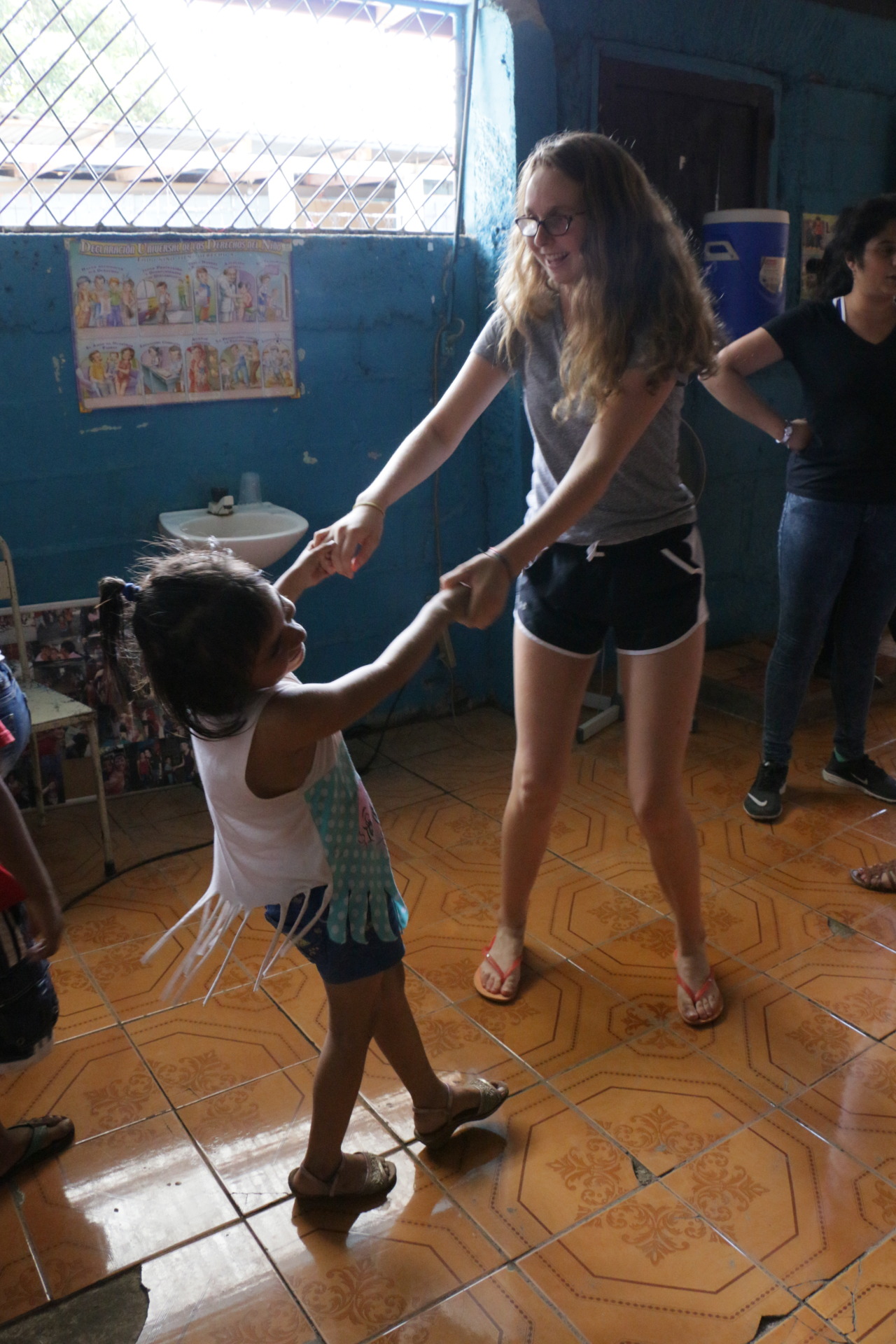
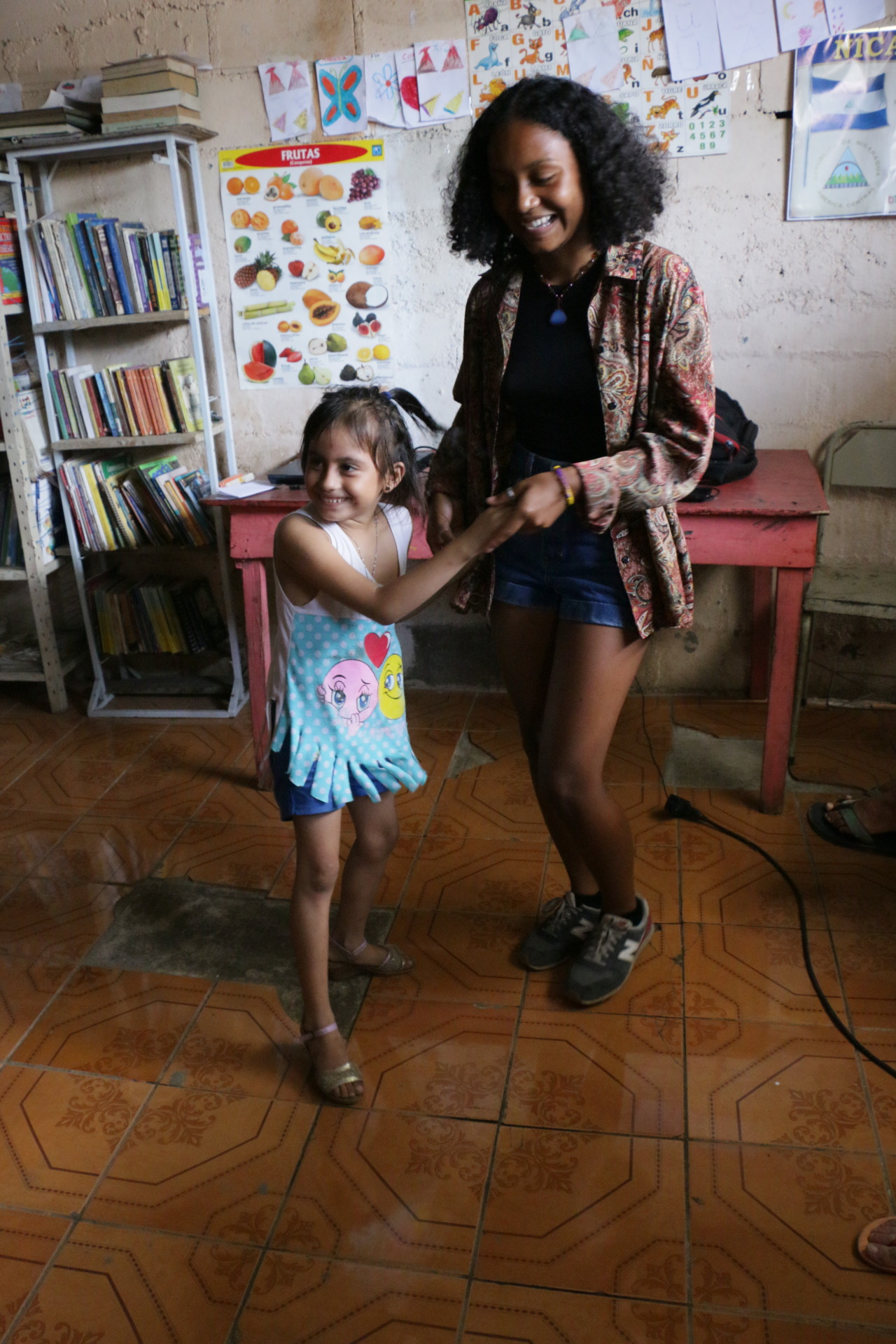
Within days of their return from a weeklong trip to Cuba, Experimenters had already bonded with their new Nicaraguan families, and during a site visit, I could see why. Out of cultural obligation, I found myself eating lunch at two homes that day, and within minutes the local mothers and grandmothers of this historic Sandinista stronghold were recounting their memories of a revolution. Yes, witnessed battles and the perils of war. No, they hadn’t forgotten the images of bloodshed, but they also remembered the hope of a new era, one they said marked the end of an elitist dictatorship and a great leap forward in social inclusion.
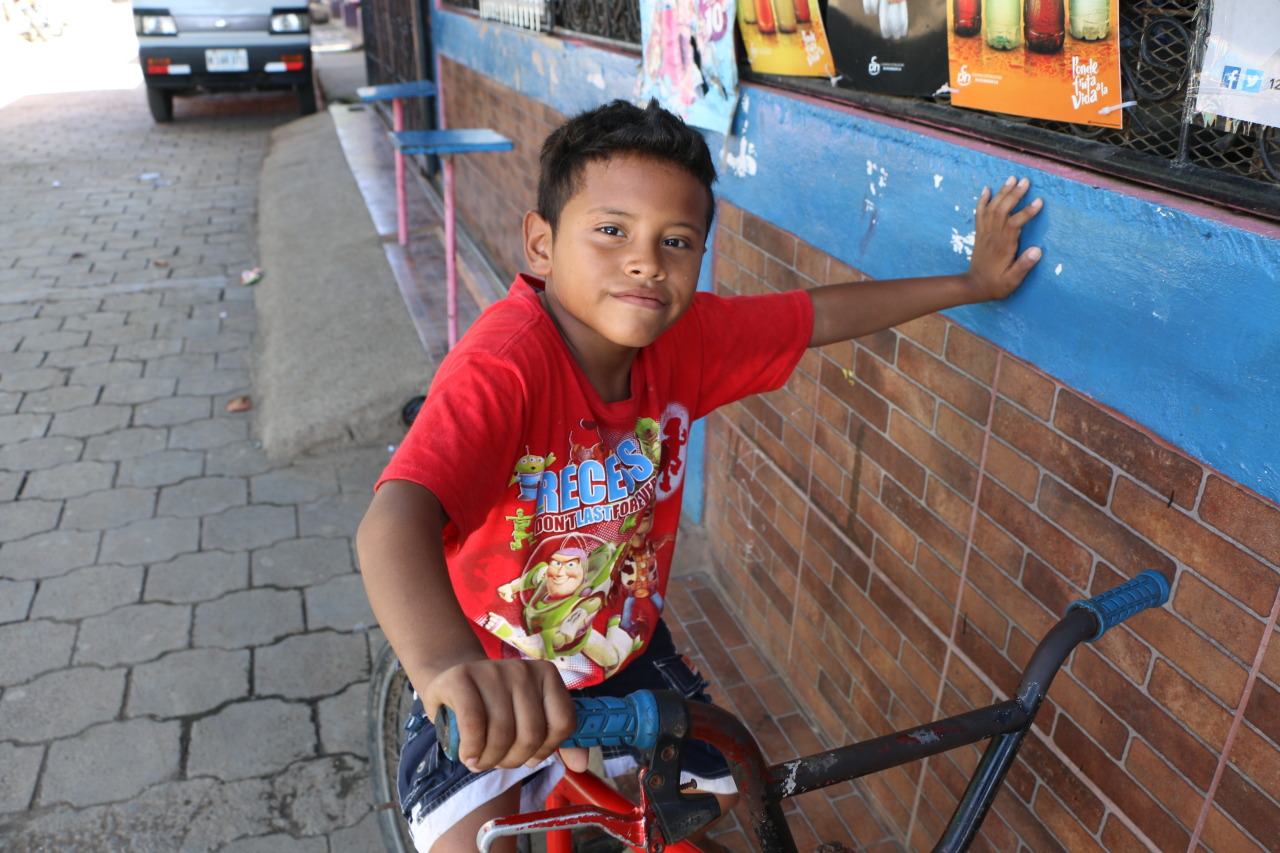
As the evening dimmed, some Experimenters hung out on their porch chatting with their families, playing board games with the kids and even sharing a little ukulele for passersby. And as they did, local children ran through the streets and back alleys playing tag, hop scotch and soccer, anxiously awaiting the next day’s inauguration of a state-of-the-art playground complete with streetlights and security guards. The calm and innocence of the evening contrasted greatly with the reality of neighboring El Salvador, Guatemala and Honduras. Those countries also experienced civil conflicts during the Cold War era, and their citizens fled in far greater numbers. Since many of them could only afford refuge in America’s gang-infested inner cities, their children often imported criminal activities upon their return.
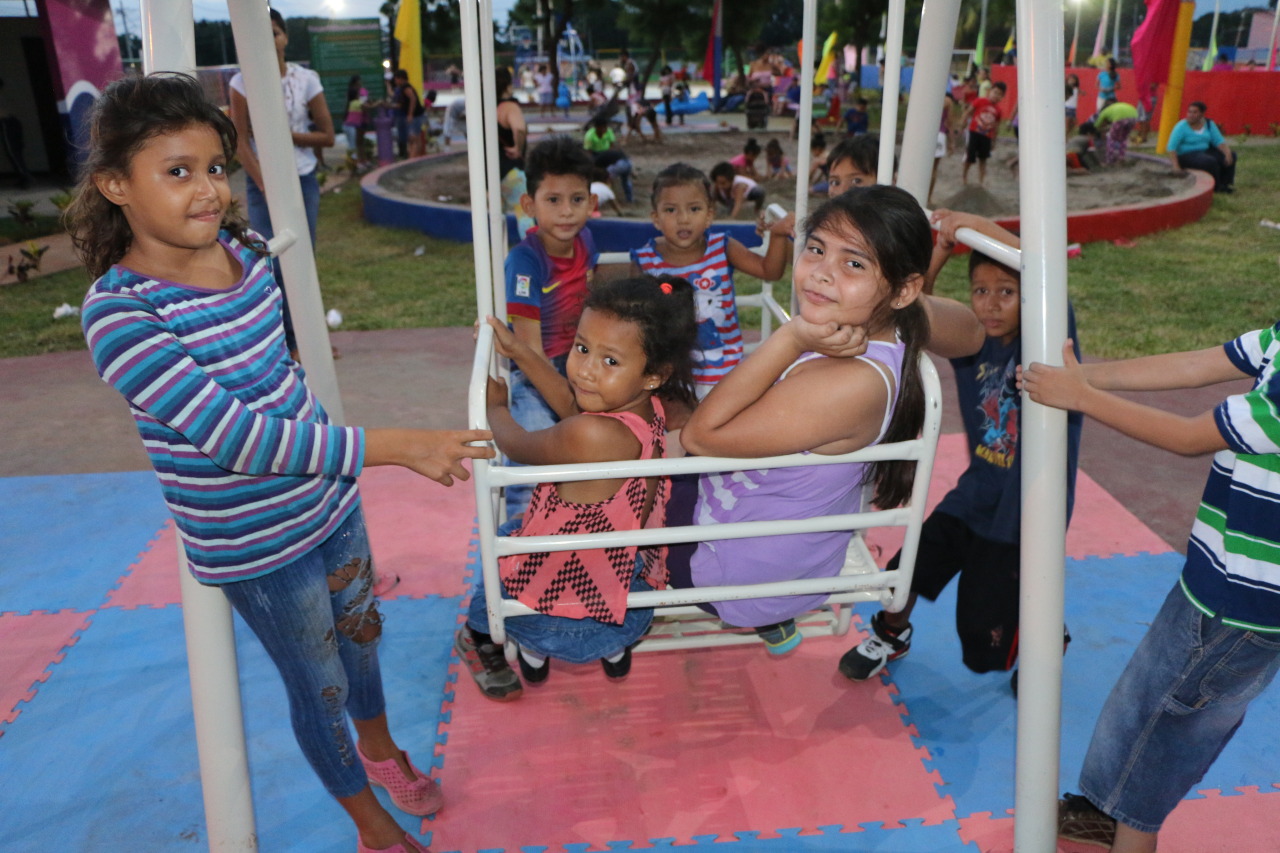
But a lot has happened in 37 years, and on Thursday, Experimenters got a better glimpse of Nicaragua’s social and political complexities. As they boarded the bus to head to their next assignment, a man on a bicycle rode by pedaling newspapers announcing that Daniel Ortega, the Sandinista’s historic leader, was campaigning hard for a fourth run at the presidency. From the new playground, loudspeakers played his festive campaign songs.
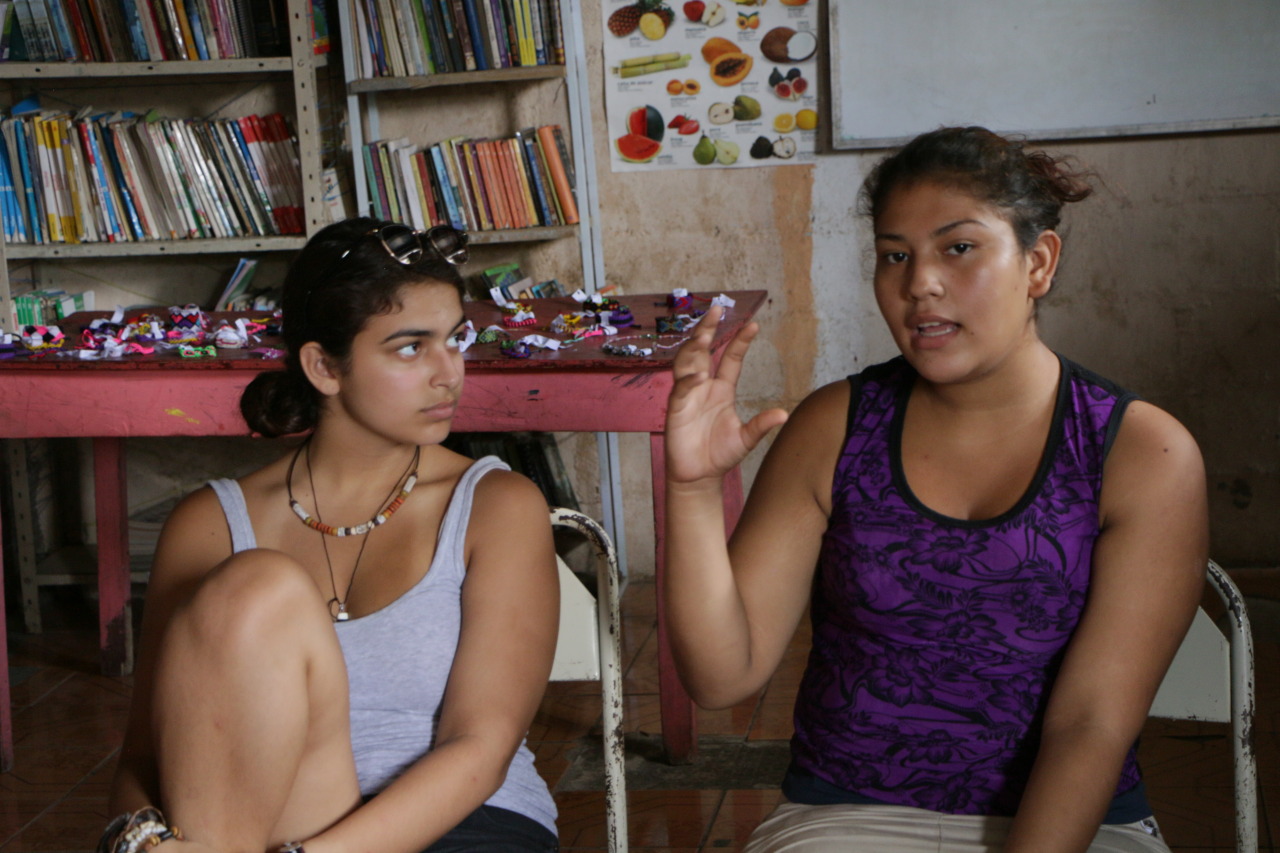
The students were scheduled to meet with participants of Podcast for Peace, an arts and media-oriented community center in a neighborhood that makes its living recycling garbage from the city dump. There, youth would offer both support and critiques of the current political climate. Podcast for Peace leaders screened a series of videos they helped local youth produce on everything from social inclusion to efforts to clean up city pollution, then they asked visitors to join them in small groups to identify social concerns in their own neighborhoods and discuss how the arts and media could be used to raise awareness about those concerns.
The Experimenters, increasingly comfortable with their language skills and now accustomed to jumping into intensive dialogues, were quick to discuss the environment, racism, poverty and crime in America. And while some of the Nicaraguan youth touted the triumphs of the revolution, one girl pulled out a smart phone picture lamenting how the shantytown where her family lived in Managua had been relocated to make room for the loads of buses that took Sandinista supporters to the anniversary celebrations to hear Ortega speak.
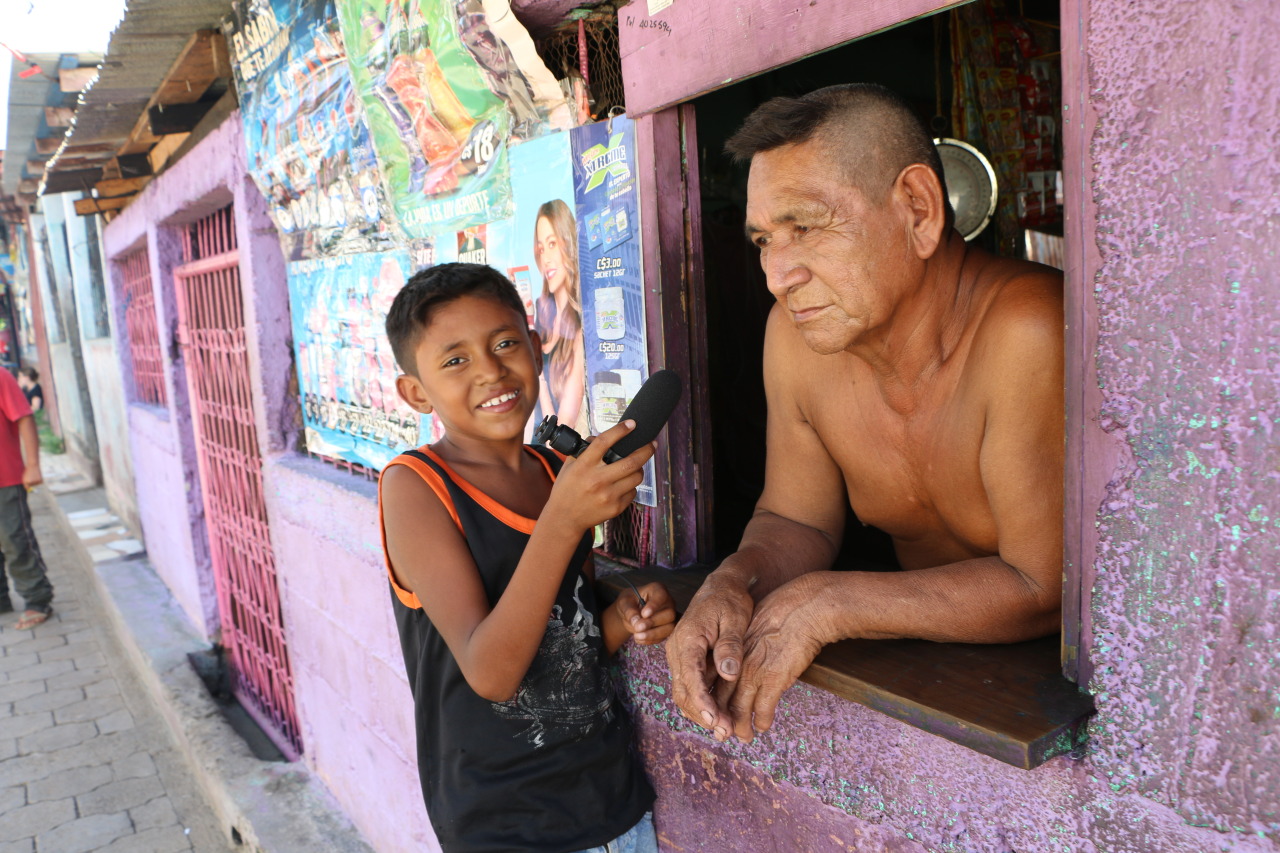
“We’ve got an ongoing discussion here,” said one of the group’s leaders, explaining that the whole idea of Podcast for Peace is to create a safe space for creative civic engagement that adapts to changing times. The tin-roofed building was hot and humble, but the energy was vibrant. As the discussions drew to a close, Experimenters shared meals with local children, then assisted with reading and art projects, and attended dance and sports workshops presented by their Nicaraguan peers.
As I snapped pictures of the Experimenters laughing and dancing with the kids, I felt hopeful still. They got this. They were troopers under challenging social and logistical conditions, and they could see that social change is a continual effort. It requires a lot of hard discussions and political action, but it all starts with human interactions like these. I left them last night confident they are on their way to becoming leaders who can make a positive impact on the lives of youth in Cuba, Nicaragua, and their own society back home in America.
Julienne Gage is a senior writer/editor for World Learning. She is traveling with the Experimenters and group leaders in Cuba and Nicaragua.


